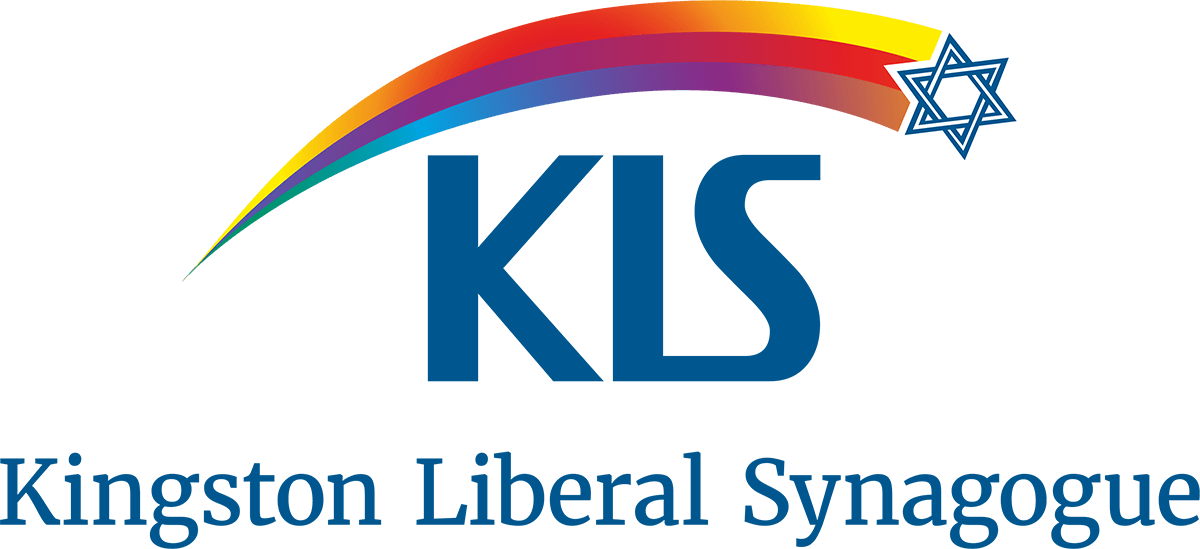Guidance for Trustees and Officers of Kingston Liberal Synagogue
Introduction
This policy sets out how trustees and officers of Kingston Liberal Synagogue (known as KLS) must report serious incidents to the Charity Commission, in line with legal and regulatory obligations. Compliance with this policy ensures transparency, accountability, and the safeguarding of the synagogue’s reputation and beneficiaries.
Purpose
The purpose of this policy is to:
- Ensure all serious incidents are identified and reported promptly to the Charity Commission.
- Protect the synagogue, its trustees, members, volunteers, and wider community.
- Comply with legal requirements as a registered charity in England and Wales.
- Promote a culture of openness and accountability.
Scope
This policy applies to all trustees, officers, staff, and volunteers at KSL. It covers all activities undertaken by the synagogue and applies to all premises and events organised by or on behalf of the synagogue.
Definition of a Serious Incident
A serious incident is an actual or alleged event, either within or outside the organisation, which results in, or risks, significant:
- Harm to the synagogue’s beneficiaries, staff, volunteers, assets or reputation.
- Loss of funds or assets.
- Damage to the synagogue’s property or reputation.
- Criminal or illegal activity affecting the synagogue.
- Other incidents which may require reporting to the Charity Commission as regulator.
Examples of serious incidents include (but are not limited to):
- Fraud, theft or cybercrime involving significant loss of assets.
- Serious safeguarding concerns affecting children or vulnerable adults.
- Major governance issues, such as disputes among trustees which risk the synagogue’s continued operation.
- Serious injury or death occurring at a synagogue event or on its premises.
- Any incident with the potential to cause significant reputational damage.
- Significant data breaches or loss of confidential information.
- Allegations of abuse or misconduct by trustees, staff, or volunteers.
- Legal proceedings or regulatory action against the charity.
- Legal and Regulatory Requirements
As a registered charity, KLS is required to report serious incidents to the Charity Commission under charity law. The responsibility for reporting rests with the charity’s trustees, who must act in the best interests of the charity and its beneficiaries.
Failure to report a serious incident may result in regulatory action or reputational harm. Trustees must ensure that they are familiar with the latest Charity Commission guidance on serious incident reporting.
Roles and Responsibilities
- Trustees – Hold ultimate responsibility for ensuring all serious incidents are identified, managed, and reported to the Charity Commission as soon as reasonably possible.
- Chair of Trustees/ Synagogue Council – Acts as the main contact with the Charity Commission and is responsible for leading the reporting process, unless otherwise delegated.
- Safeguarding Lead – Responsible for ensuring all safeguarding concerns or incidents are promptly reported and managed, and for liaising with statutory authorities where appropriate.
- All staff and volunteers – Required to report any concerns or knowledge of a serious incident to the trustees without delay.
Identifying a Serious Incident
Trustees should consider the following when deciding if an incident is serious:
- The scale and impact of the incident on beneficiaries, assets, or reputation.
- Whether the incident involves a breach of law or regulation.
- If the incident requires involvement from statutory agencies (e.g., police, local authority).
- Whether the incident is likely to attract significant media attention.
If in doubt, trustees should err on the side of caution and report the matter to the Charity Commission.
Reporting Procedure
- All staff and volunteers must immediately inform a trustee if they become aware of a serious incident.
- The trustees will convene (in person, online or via email) as soon as possible to assess the incident.
- Where necessary, trustees may obtain advice from external advisors (e.g., legal, safeguarding, or finance professionals).
- If the incident is deemed serious, the Chair of Trustees/ Synagogue Council (or a delegated trustee) will complete the Charity Commission’s online serious incident report form without delay.
- The report should include all relevant facts, actions taken, and further steps being planned.
- A record of the incident and all related communications must be kept securely and confidentially by the trustees.
- The trustees will update the Charity Commission as the situation evolves and upon resolution of the incident.
Follow-up Actions
Following the report of a serious incident, the trustees will:
- Implement any immediate actions to mitigate further risk or harm.
- Cooperate fully with statutory authorities and the Charity Commission.
- Carry out an internal review to establish causes and identify areas for improvement.
- Communicate sensitively with members, beneficiaries, and other stakeholders as appropriate, whilst maintaining confidentiality where required.
- Update policies and procedures to reflect lessons learned and prevent recurrence.
Confidentiality and Data Protection
All information relating to serious incidents will be handled with the utmost confidentiality. Reports and records will be stored securely in line with data protection legislation (including GDPR). Only those who need to know will have access to details of the incident.
Review of the Policy
This policy will be reviewed annually, or sooner if there are changes in legislation or Charity Commission guidance. Trustees are responsible for ensuring the policy remains up-to-date and effective.
Contact Information
Key Contacts for Reporting Serious Incidents
- Chair of Trustees: Steve Farrer, klschairperson@gmail.com, 07875 003656
- Safeguarding Lead: Sara Alston safeguarding@klsonline.org 07855601645
- Charity Commission: 0300 066 9197 or via the online reporting portal
Further Guidance & Resources
- Safeguarding resources for faith organisations: [URL - insert relevant resources]
This policy was adopted by the trustees of [Synagogue Name] on [Date]. The trustees are committed to fostering a culture of safety, transparency, and responsibility in all aspects of synagogue life.
